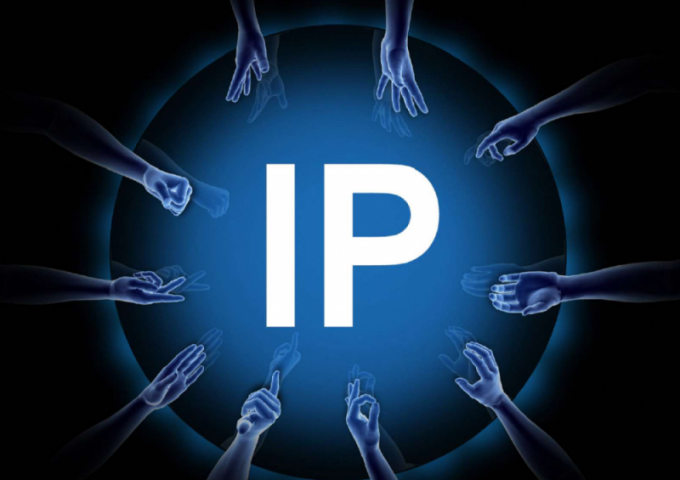Certainly, many understand that the relationship with a global network requires each computer to have its own, unique number. Of course, because information from the provider must be delivered to a particular user paying for the services and not someone else. That's why is so important the ip address of the user. The address can consist of a variety of decimal numbers (for example, 192.168.0.1). Today there are two types of ip addresses, it is: dynamic and static ip address.
Until recently, each user had only a static ip address, today the situation has changed in the opposite direction. Most providers offer exactly dynamic, but in order to install another, you'll have to pay for the opportunity. Static ip address, as you can guess from the title, unlike his "colleagues", can not be changed (i.e. when you reconnect to the network it does not change). It is either allocated by the user and written to the device settings through which you are connecting to the global network or service provider.
In the Internet there are many various services that you simply require from the user to the presence of static ip addresses. For example, if the user is going to use your own personal computer as a server. Why is it static? This is due to the fact that all users that will connect to your server (provided that it is based on dynamic ip addresses) will need to get again and again and set it to private settings, otherwise they will not be able to connect. Of course, this is inconvenient not only for them but for the administrator, as the number of visitors to such a resource would be minimized. In addition, some programs also require static ip addresses, so they will be able again and again to connect to one specific server using the same login information.
So it turns out that if necessary, the user can ask for help to your provider and find out whether such service. If possible, for an additional fee, the wizard will install you a dynamic ip address, and permanent. A surcharge is added to the subscriber and is payable monthly. Each provider exposes different the cost of this service - it can be either very low, which naturally good, or sky high.
Static ip address
Until recently, each user had only a static ip address, today the situation has changed in the opposite direction. Most providers offer exactly dynamic, but in order to install another, you'll have to pay for the opportunity. Static ip address, as you can guess from the title, unlike his "colleagues", can not be changed (i.e. when you reconnect to the network it does not change). It is either allocated by the user and written to the device settings through which you are connecting to the global network or service provider.
For what it is
In the Internet there are many various services that you simply require from the user to the presence of static ip addresses. For example, if the user is going to use your own personal computer as a server. Why is it static? This is due to the fact that all users that will connect to your server (provided that it is based on dynamic ip addresses) will need to get again and again and set it to private settings, otherwise they will not be able to connect. Of course, this is inconvenient not only for them but for the administrator, as the number of visitors to such a resource would be minimized. In addition, some programs also require static ip addresses, so they will be able again and again to connect to one specific server using the same login information.
So it turns out that if necessary, the user can ask for help to your provider and find out whether such service. If possible, for an additional fee, the wizard will install you a dynamic ip address, and permanent. A surcharge is added to the subscriber and is payable monthly. Each provider exposes different the cost of this service - it can be either very low, which naturally good, or sky high.
